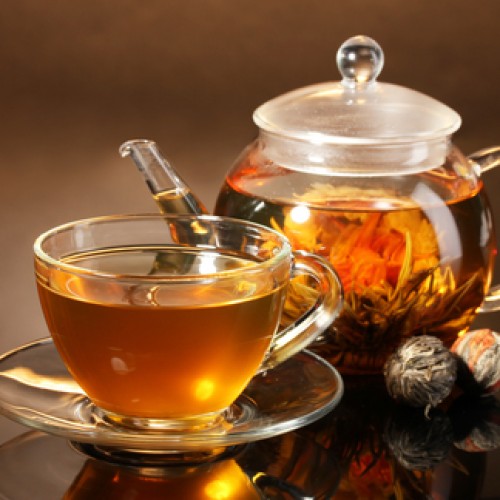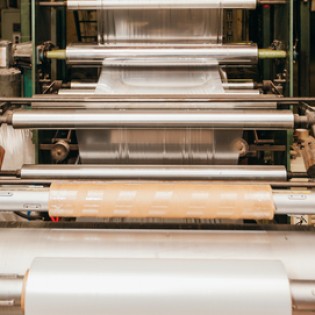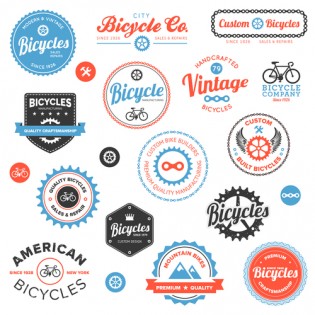The world market has very tight knit rules on food safety. Food quality and sustainability have become the most important factors to sort in order to achieve a wide range of market. Concerns on pesticides and contamination on tea have managed to raise eyebrows therefore it is paramount that tea complies with various regulations of certain world bodies and unions.
Before labeling tea here are a few factors one has to consider in order to be in line with the packaging regulations:
- When a product is being served in a food premise e.g. a restaurant it does not require labeling
- Once a product is packaged right in front of the customer
- Once a product is sold via online it does not need to be relabeled
Here are legal requirements that tea labeling has to comply with:
Food Safety
In order to ensure food safety it is recommended to consider the origin of food and supply chain. The risk of food contamination must not be traceable.
Maximum Residue Levels Of pesticides
The use of pesticides is not recommended when it comes to the cultivation of tea. Pesticides are an issue particularly on tea originating from Asian countries. Most continents have set maximum levels on the quantity of pesticides to be used on tea such as the European Union. Acute measures have been placed like testing residue on dried leaves. Tea normally gets contaminated during the process of drying and packaging.
Contamination Found In Food
Besides looking for pesticide contamination ,close monitoring for other materials also takes place such as:
Foreign matter- this can be contaminants such as insects
Microbiological matter- salmonella is the main contaminant found. Mainly occurs through incorrect harvesting techniques
Mycotoxin matter – this is mainly found in herbal teas
Consumer labeling
Tea labelling requirements prescribe that all information must be stated such as list of ingredients, net quantity, percentage of calories. In addition to adherence to the legal requirements one should also comply with the buyer requirements.
Certification For Tea
The mainstream market for tea requires that one gets the proper certificates from relevant reputable authorities to be able to transact in the tea business. Acquiring such certificates is a win-win for the supplier.
Requirements for Niche Markets
A niche market gives the supplier a competitive advantage and makes it easier for the supplier to find buyers. Organic tea is produced through natural methods. Buyers now are opting for natural cultivated food because it is healthier and has fewer residues. It is environmentally friendly to the production of tea. If your tea is organic, it best to state this on the label in order to attract consumers who are all for organic foods.
Fairtrade Certification
Acquiring Fairtrade certification clearance is a way to show that that the business is in line with the world regulatory requirements. It is important to note that other organic certifiers have developed their own Fairtrade standards.
Bottom Line
All these are the requirements a tea producer should meet in order to market their products. The most important aspect is that you need to design a tea label that states all the FDA requirements. Doing not only allows consumers to make an informed choice, but it also allows you to use our labels for promotional purposes.







